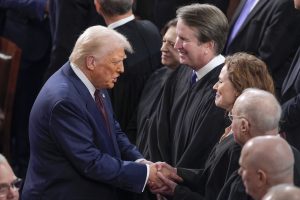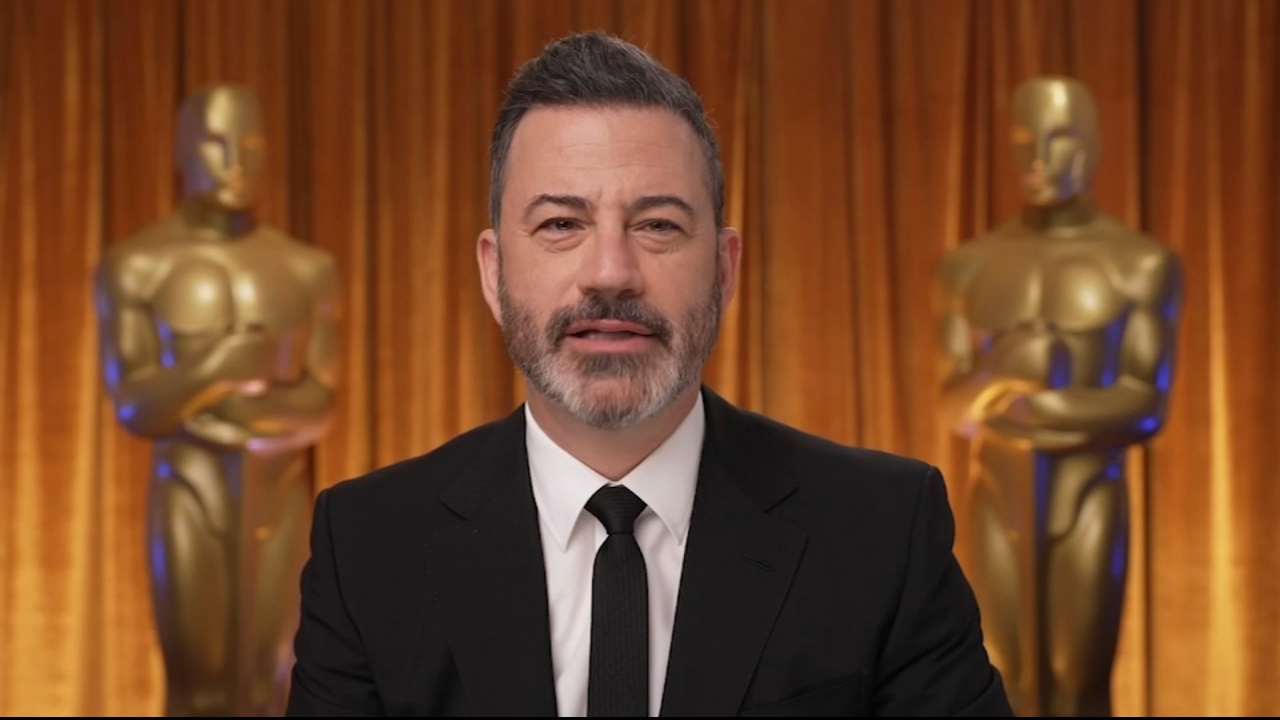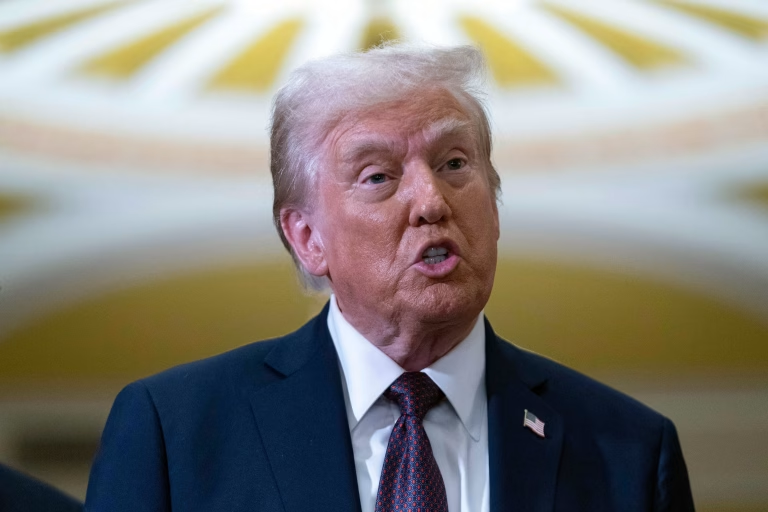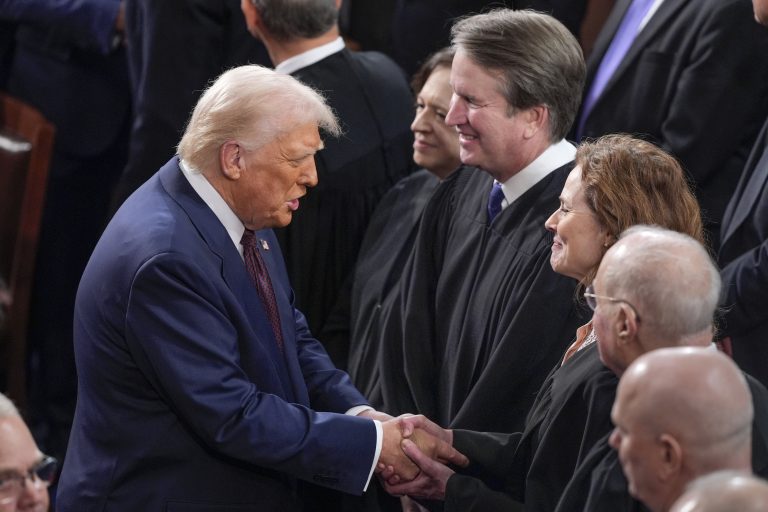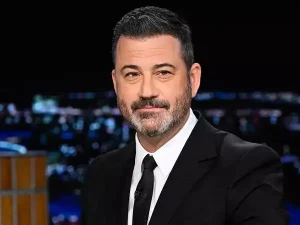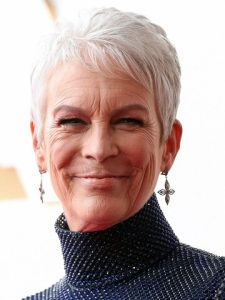The television world was rocked this week when ABC confirmed that Jimmy Kimmel Live! would be taken off the air “indefinitely” following comments the late-night host made about Charlie Kirk’s assassination. The move has set off a wave of outrage in Hollywood and beyond, with comedians, actors, journalists, and commentators lining up to defend Kimmel and denounce what they see as a chilling blow to free expression.
The controversy began after Kimmel devoted part of his opening monologue on Monday, September 15, to discussing the death of political activist Charlie Kirk. The 31-year-old, a prominent conservative commentator and founder of Turning Point USA, was fatally shot during a debate at Utah Valley University on September 10. His killing, carried out in front of thousands, quickly became a national flashpoint.
Kimmel, known for his sharp critiques of Donald Trump and the MAGA movement, didn’t hold back. He accused right-wing voices of scrambling to spin the tragedy for political advantage:
“We hit some new lows over the weekend with the MAGA gang desperately trying to characterize this kid who murdered Charlie Kirk as anything other than one of them, and doing everything they can to score political points from it.”
He also took aim at President Trump’s unusual public comments in the aftermath of Kirk’s death. While speaking to reporters, Trump brushed past questions about his grief and instead spoke at length about construction of a new $200 million White House ballroom. Kimmel quipped:
“Yes, he’s at the fourth stage of grief: construction. Demolition, construction. This is not how an adult grieves the murder of someone he called a friend. This is how a four-year-old mourns a goldfish, OK?”
The jokes struck a nerve. Within two days, ABC announced that Kimmel’s show would be suspended. A spokesperson for the network confirmed to BBC News: “Jimmy Kimmel Live will be pre-empted indefinitely.”
The swift and dramatic decision has sparked backlash across the entertainment industry. Many celebrities, comedians, and public figures have spoken out, calling the suspension an attack on free speech and a dangerous precedent for American television.
Wanda Sykes: “Love you, Jimmy”
Comedian and actress Wanda Sykes, who was slated to appear on Kimmel’s show on Wednesday, September 17, expressed her frustration directly to fans on Instagram.
In a video message, Sykes revealed she had been booked as a guest but her appearance was canceled when the show was pulled. She used the moment to criticize President Trump and lament the state of free expression in the country:
“Let’s see. He didn’t end the Ukraine war or solve Gaza within his first week. But he did end freedom of speech within his first year. Hey, for those of you who pray, now’s the time to do it. Love you, Jimmy.”
Her words quickly went viral, with many sharing the clip as a rallying cry for Kimmel’s supporters.
Mike Birbiglia: “Defend comedians you don’t agree with”
Fellow comedian Mike Birbiglia also weighed in, stressing that defending free speech must apply across the board — even when one doesn’t personally agree with the comedian in question.
On Instagram, Birbiglia wrote:
“I’ve spent a lot of time in public + private defending comedians I don’t agree with. If you’re a comedian + don’t call out the insanity of pulling Kimmel off the air — don’t bother spouting off about free speech anymore.”
His message underscored a broader point circulating in comedy circles: if a mainstream figure like Kimmel can be punished for political satire, what does that mean for lesser-known comics who depend on provocative material to make a living?
Chris Hayes: “Most straightforward attack on free speech”
MSNBC host and political commentator Chris Hayes called the decision an unprecedented example of censorship by powerful interests.
Posting on X (formerly Twitter), Hayes declared:
“This is the most straightforward attack on free speech from state actors I’ve ever seen in my life and it’s not even close.”
Hayes’s framing placed the suspension in the broader context of political interference, suggesting that the pressure campaign to silence Kimmel had crossed lines rarely seen in American broadcasting.
Megyn Kelly: “Imagine the viewer backlash”
Former Fox News anchor Megyn Kelly, now an independent media personality, reacted to the news with a different angle. She suggested the decision revealed the intensity of the complaints ABC must have received:
“Just think for a minute about the amount of IRATE mail/viewer feedback they must have gotten to do this.”
While Kelly didn’t explicitly defend Kimmel’s jokes, her comments highlighted the sheer volume of outrage networks are vulnerable to in the age of instantaneous social media mobilization.
Sophia Bush: “Fascism is here and it’s chilling”
Actress and activist Sophia Bush, best known for her role in One Tree Hill, offered perhaps the most blunt condemnation. Taking to Twitter, she wrote:
“The First Amendment doesn’t exist in America anymore. Period. Fascism is here and it’s chilling.”
Bush’s reaction echoed many online voices who warned that silencing a comedian for satirical commentary represented a dangerous erosion of democratic freedoms.
A broader Hollywood backlash
The statements from Sykes, Birbiglia, Hayes, Kelly, and Bush are only the tip of the iceberg. Numerous other comedians, actors, and writers have chimed in, some more quietly than others, voicing unease about what the suspension means for the future of late-night television and political comedy.
In private industry circles, producers and entertainers have reportedly expressed shock that ABC would move so quickly to sideline a host with over 20 years of tenure. Several insiders told trade publications that they see the move as bowing to political pressure rather than a neutral business decision.
What’s at stake
The outrage from celebrities reflects deeper concerns about the role of comedy in public life. For decades, late-night talk shows have been central spaces where comedians poke fun at politicians, celebrities, and the news of the day. Kimmel, like his counterparts Stephen Colbert and Seth Meyers, has leaned heavily into political humor, often skewering Trump and his allies.
But the suspension raises questions about whether networks will continue to support bold political satire — or whether they will pull back to avoid controversy. As comedian Mike Birbiglia implied, if a figure as prominent as Kimmel can be sidelined, smaller comedians are even more at risk.
ABC and Sinclair remain firm
So far, ABC has stood by its decision. In partnership with Sinclair Broadcast Group, the nation’s largest ABC affiliate operator, the network has made clear that Jimmy Kimmel Live! will not return until formal discussions are held about “professionalism and accountability.”
In addition to suspending the show, Sinclair has also demanded that Kimmel issue a direct apology to Kirk’s family and make a personal donation to both the family and Turning Point USA. Until then, affiliates have confirmed, the suspension will continue.
Conclusion: A growing culture war flashpoint
The battle over Kimmel’s comments is rapidly becoming another flashpoint in America’s ongoing culture wars. For conservatives, his jokes were tasteless and disrespectful. For his defenders, they were the kind of biting satire late-night comedy has always delivered.
With celebrities from Wanda Sykes to Sophia Bush raising their voices, the debate shows no signs of slowing down. Whether Kimmel will bend to the demands of ABC and Sinclair — or whether the controversy will escalate into a prolonged standoff — remains to be seen.
What is certain is that this episode has sparked a larger conversation about free speech, political pressure, and the role of comedy in an era where every word carries heightened stakes. For Hollywood, it has become a rallying cry: if Jimmy Kimmel can be taken off air for mocking those in power, who’s next?

James Jenkins is a celebrated Pulitzer Prize-winning author whose work has reshaped the way readers think about social justice and human rights in America. Raised in Atlanta, Georgia, James grew up in a community that instilled in him both resilience and a strong sense of responsibility toward others. After studying political science and creative writing at Howard University, he worked as a journalist covering civil rights issues before dedicating himself fully to fiction. His novels are known for their sharp, empathetic portraits of marginalized communities and for weaving personal stories with broader political realities. Jenkins’s breakout novel, Shadows of Freedom, won national acclaim for its unflinching look at systemic inequality, while his more recent works explore themes of identity, resilience, and the fight for dignity in the face of oppression. Beyond his novels, James is an active public speaker, lecturing at universities and participating in nonprofit initiatives that support literacy and community empowerment. He believes that storytelling is a way to preserve history and inspire change. When not writing, James enjoys jazz music, mentoring young writers, and traveling with his family to explore cultures and stories around the world.


